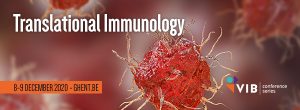Postdoctoral Fellowship: Studies of how niche-rearrangements control organ progenitor fate
Posted by Noami Dayan, on 11 December 2019
Closing Date: 15 March 2021
OPEN POSTDOCTORAL POSITION
The Semb group is looking for a postdoctoral candidate with a strong developmental biology/cellular mechanobiology and/or a biological image processing background to identify and study novel cell and molecular mechanisms predicting the differentiation of bi-potent progenitors in the developing pancreas.
During organogenesis fate-determining cues are generated by dynamic interactions between stem cells/progenitors, their progenies and the cellular environment. We are looking for a postdoctoral candidate with a strong developmental biology/ cellular mechanobiology background and/or a biological image processing background to identify cellular fate determining cues and their mechanism of action in the developing pancreas. This exciting project will use a combination of high-resolution confocal live imaging and machine learning to identify potential regulators of pancreatic fate. The successful candidate will work closely with a biophysicist and a live imaging specialist already in the lab. The research project will also involve collaboration with a team of computer scientist and a team of researchers developing novel spatial transcriptomic techniques. The employment is planned to start 1 April 2020 or upon agreement with the chosen candidate.
Background:
The Novo Nordisk Foundation Center for Stem Cell Biology – DanStem has been established as a result of a series of international recruitments coupled with internationally recognized research groups focused on insulin producing beta cells and cancer research already located at the University of Copenhagen. DanStem addresses basic research questions in stem cell and developmental biology and has activities focused on the translation of promising basic research results into new strategies and targets for the development of new therapies for cancer and chronic diseases such as diabetes and liver failure. Find more information about the Center at http://danstem.ku.dk/.
Job Description:
We are looking for a postdoctoral candidate with a strong developmental biology/cellular mechanobiology and/or a biological image processing background to identify and study novel cell and molecular mechanisms predicting the differentiation of bi-potent progenitors in the developing pancreas. The candidate is expected to use both in vivo (mouse) and in vitro (human pluripotent stem cells) experimental models to address hypothesis lead research questions. Whilst the aim of the project is to identify regulators of cell fate in an unbiased manner, the researcher will also pursue ‘candidate’ regulators identified from the labs recent publications. The position is for 2 years with possible extension.
Qualifications:
- The candidate is required to hold a PhD degree in stem cell/developmental/cell biology/biological image processing. A few years of postdoctoral experience in the same areas is a merit.
- A candidate with biological background should also have hands on experience in mouse genetics, micro dissection of mouse embryonic organs, human pluripotent stem cell culture and differentiation, live-cell imaging, quantitative image analysis.
- A candidate with image processing background should have experience with segmentation and tracking in large 3D datasets as well as experience in the biological techniques described above.
- The candidate must want to work closely with other postdocs in an interdisciplinary team where good communications skills are key.
- Finally, we are looking for applicants with a good record of peer reviewed scientific publications and grant writing skills.
Terms of employment:
The employment is planned to start 1 April 2020 or upon agreement with the chosen candidate.
The terms of employment are set according to the Agreement between the Ministry of Finance and The Danish Confederation of Professional Associations or other relevant professional organization. The position will be at the level of postdoctoral fellow and the basic salary according to seniority. Currently, the salary starts at 34.360 DKK/approx. 4,.590 Euro (October 2019-level). A supplement could be negotiated, dependent on the candidate´s experiences and qualifications. In addition a monthly contribution of 17.1% of the salary is paid into a pension fund.
Non-Danish and Danish applicants may be eligible for tax reductions, if they hold a PhD degree and have not lived in Denmark the last 10 years.
The position is covered by the “Memorandum on Job Structure for Academic Staff at the Universities” of June 28, 2013.
Questions:
For further information contact Professor Henrik Semb, henrik.semb@sund.ku.dk.
Foreign applicants may find the following links useful: www.ism.ku.dk (International Staff Mobility) and www.workingconditions.ku.dk.
Application Instruction:
The application must be submitted in English, by clicking on “Apply online” below. Only online applications will be accepted.
The application must include:
- Cover letter detailing the basis on which the applicant scientific qualifications meet the requirements for this position.
- Curriculum vitae.
- List of references (full address, incl. email and phone number)
- Diplomas – all relevant certificates.
- List of publications.
Deadline for applications is 15 February 2020, 23.59pm.
The further process:
After the expiry of the deadline for applications, the authorized recruitment manager selects applicants for assessment on the advice of the Appointments Committee. All applicants are then immediately notified whether their application has been passed for assessment by an expert assessment committee. Selected applicants are notified of the composition of the committee and each applicant has the opportunity to comment on his/her assessment. You may read about the recruitment process at http://employment.ku.dk.
Link for general info on the recruitment process: http://employment.ku.dk/faculty/recruitment-process.
The applicant will be assessed according to the Ministerial Order no. 242 of 13 March 2012 on the Appointment of Academic Staff at Universities.
University of Copenhagen wish to reflect the diversity of society and welcome applications from all qualified candidates regardless of age, disability, gender, nationality, race, religion or sexual orientation. Appointment will be based on merit alone.


 (No Ratings Yet)
(No Ratings Yet)
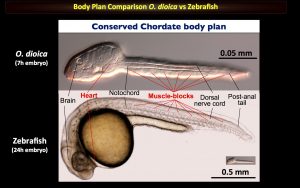
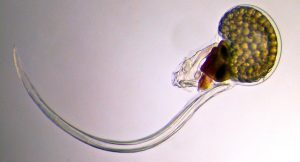
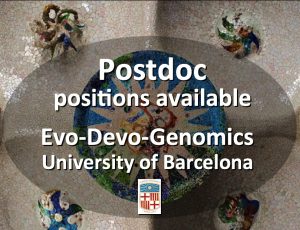
 (1 votes)
(1 votes)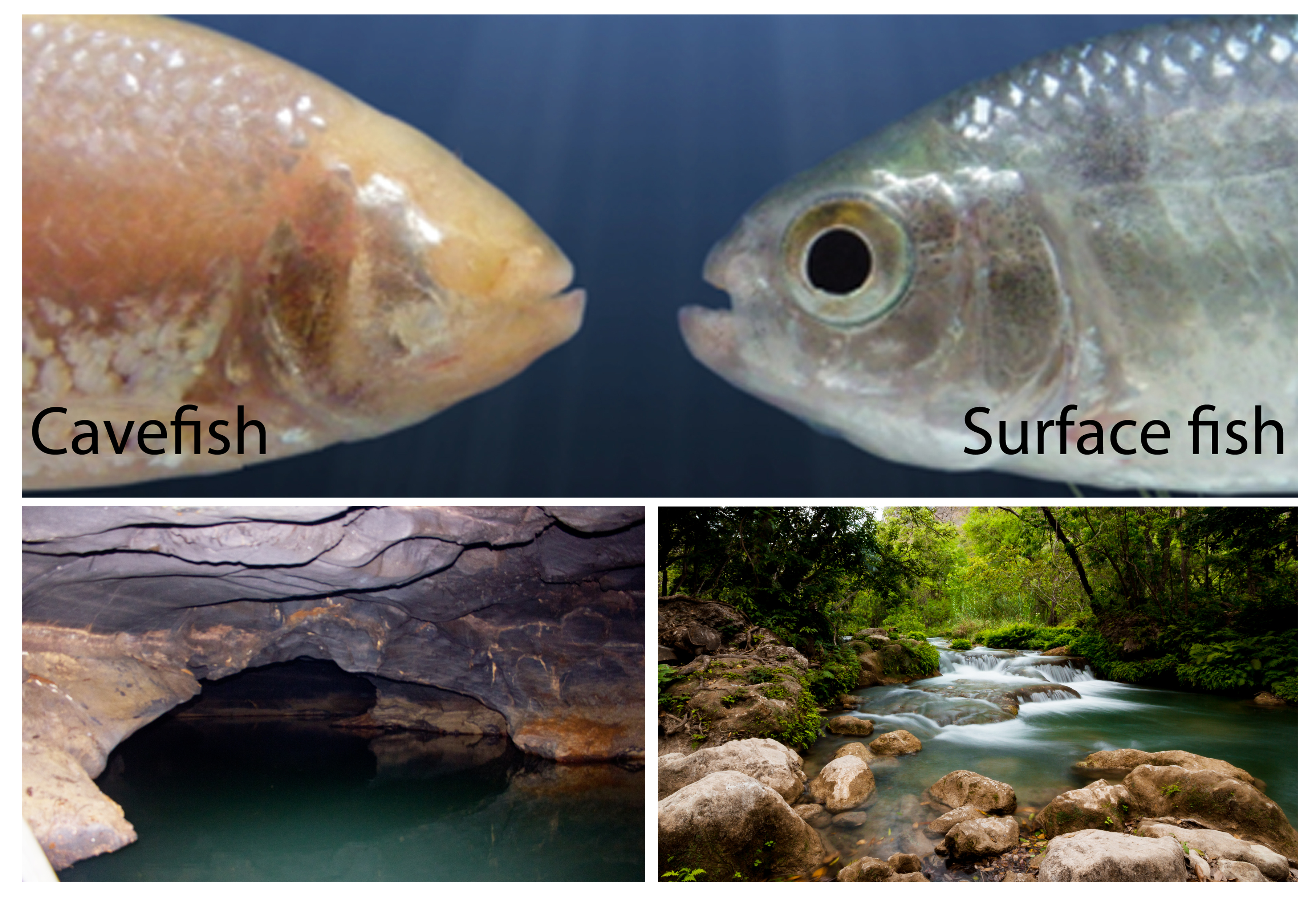

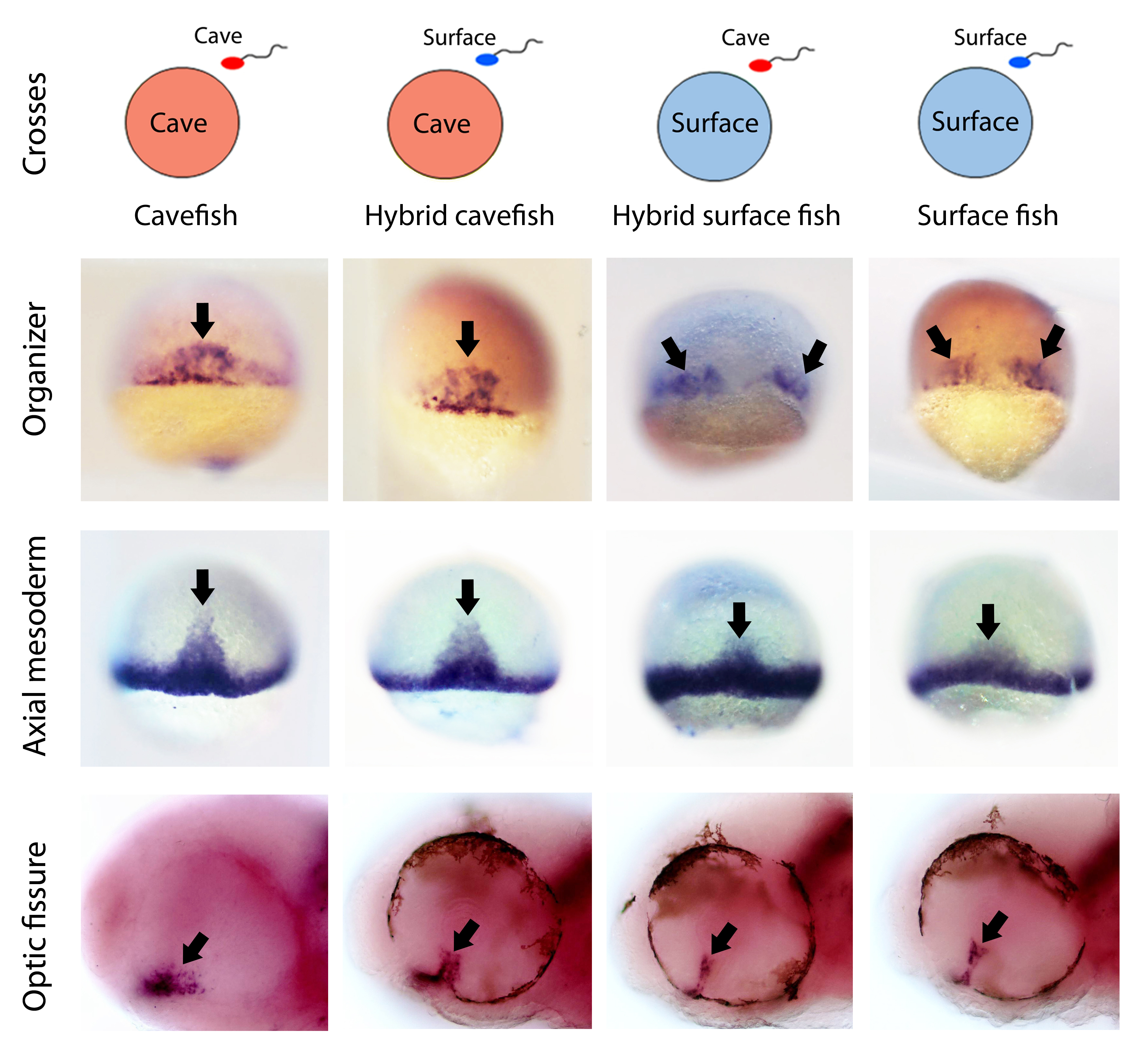
 (6 votes)
(6 votes)